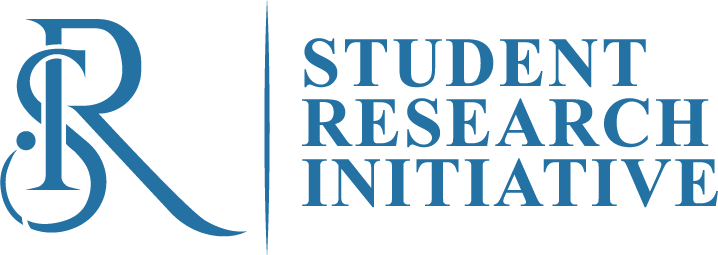In today’s information-driven world, research skills are more crucial than ever. For high school students, developing these skills not only prepares them for academic success but also equips them with the tools needed for a lifetime of learning and problem-solving. Here, we explore the importance of research skills, how they benefit students in high school and beyond, and practical tips for enhancing these essential abilities.
Building a Strong Academic Foundation
Critical Thinking and Analysis: Research involves evaluating sources, analyzing data, and synthesizing information to form well-rounded conclusions. These processes enhance critical thinking skills, enabling students to question assumptions, recognize biases, and develop logical arguments. These skills are foundational for success in college and beyond.
Information Literacy: In an era of information overload, the ability to discern credible sources from unreliable ones is invaluable. Research skills teach students how to locate, evaluate, and use information effectively. This competency is vital for writing papers, participating in discussions, and making informed decisions in daily life.
Academic Writing: Research projects require clear, structured writing. By engaging in research, students improve their ability to articulate complex ideas and present their findings coherently. These writing skills are essential not only for academic assignments but also for professional communication.
Preparing for Higher Education
Independent Learning: College education often requires a significant amount of self-directed learning. Students with strong research skills are better prepared to take initiative, seek out resources, and work independently. This readiness can ease the transition to the more autonomous environment of higher education.
Competitive Edge: Admissions committees and scholarship boards look favorably upon applicants who demonstrate strong research skills. High-quality research projects can set students apart, showcasing their dedication, intellectual curiosity, and ability to contribute original insights to their chosen field.
Long-Term Projects: Research skills are particularly useful for tackling long-term projects, such as a thesis or dissertation. The ability to plan, execute, and manage a comprehensive research project is a key component of academic success in college and graduate school.
Beyond Academia: Lifelong Benefits
Problem-Solving Abilities: Research skills extend beyond the classroom into everyday life and the workplace. The analytical and problem-solving abilities developed through research are applicable in a wide range of professional contexts, from business to healthcare to public policy.
Informed Citizenship: Being able to research effectively empowers individuals to make informed decisions about personal and societal issues. Whether it’s understanding public policies, making health-related choices, or staying informed about global events, research skills foster responsible and informed citizenship.
Professional Growth: Many careers require ongoing research and learning. Professionals who can conduct thorough research are better equipped to adapt to changes, innovate, and remain competitive in their fields. These skills are particularly valuable in fields such as science, technology, and education.
Practical Tips for Enhancing Research Skills
Start Early: Encourage curiosity and research from a young age. Simple projects and inquiries can lay the groundwork for more complex research skills.
Use Diverse Sources: Teach students to use a variety of sources, including books, academic journals, credible websites, and primary documents. Diverse sources provide a more comprehensive understanding of the topic.
Develop a Research Plan: Organizing a research project with a clear plan helps students stay focused and manage their time effectively. Break the project into manageable steps, from selecting a topic to finalizing the report.
Practice Critical Evaluation: Encourage students to critically evaluate sources for credibility, relevance, and bias. Discuss the importance of peer-reviewed journals and reputable publications.
Emphasize Academic Integrity: Teach students the importance of citing sources and avoiding plagiarism. Understanding academic integrity is crucial for building trust and credibility in their work.
Conclusion
Research skills are an essential component of academic and professional success. By fostering these skills in high school, we prepare students for the challenges of higher education and the demands of the modern workplace. Moreover, research skills empower individuals to become informed, responsible citizens who can contribute meaningfully to society. As educators, parents, and mentors, it is our responsibility to cultivate these skills, setting the foundation for a lifetime of learning and discovery.

